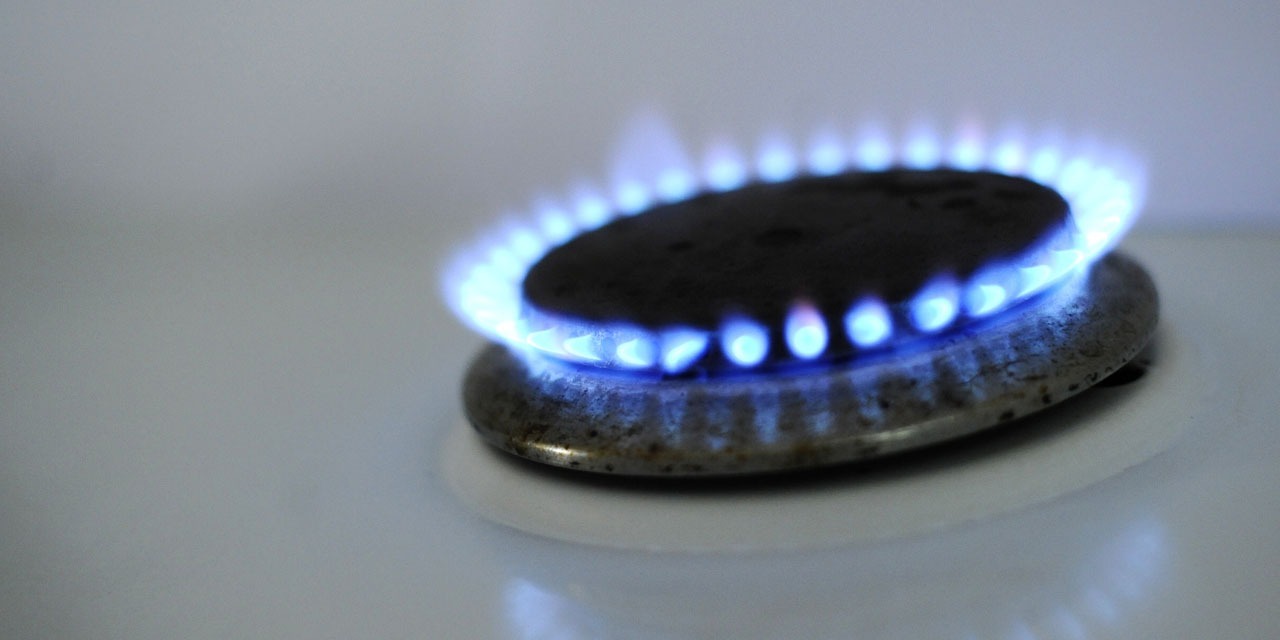Europe 1 with AFP 3:54 p.m., September 27, 2021, modified at 6:39 p.m., September 27, 2021
The Energy Regulatory Commission announced Monday afternoon a 12.6% increase in regulated gas prices in a few days, while several energy tariff increases have already been observed in recent months.
These increases had already been nearly 10% in July and 5.3% in August.
The regulated gas prices applied by Engie will once again jump, by 12.6% including tax on October 1, in the wake of the rise in market prices, the regulator announced on Monday.
"This development is the result of the historic rise in gas prices on the world market which is reflected in the supply costs of the gas supplier Engie", explains the Energy Regulatory Commission (CRE).
High demand, lower supply
Excluding tax, the increase is 13.9% and, in detail, 4.5% for users of gas for cooking, 9.1% for those who have dual use (cooking and hot water), and 14.3% for homes that heat with gas, details the Commission.
These regulated tariffs, updated monthly, have seen a series of sharp increases recently.
They increased by 8.7% on September 1, after more than 5% in August and nearly 10% in July.
Gas prices are at very high levels in Europe due to various factors: low storage, strong demand for liquefied natural gas (LNG) in Asia and the inability of Norway and Russia to increase their deliveries, underlines CRE .
Demand is also driven by the global economic recovery, thanks to the improvement of the situation on the front lines of the Covid-19 pandemic.
Three million households affected
Regulated tariffs are applied to around three million households, mainly by Engie, which has a monopoly over most of the country.
Local distribution companies (ELD) can also market it in certain cities (Bordeaux, Grenoble, Strasbourg, etc.).
Their prices were also revised upwards on Monday.
Faced with the sharp rise in gas prices - but also potentially electricity next year - the government recently announced that nearly six million low-income households would benefit from an exceptional check for 100 euros in December.
"Wholesale gas prices for future products currently indicate a continuation of these very high price levels through fall 2021 and winter 2021-2022, then decline from spring and summer 2022, before a return to normal for the year 2023 ", indicates the CRE.
She says she is working with the administration on "solutions to get through the winter and take advantage of the drop in wholesale prices expected from the spring".

